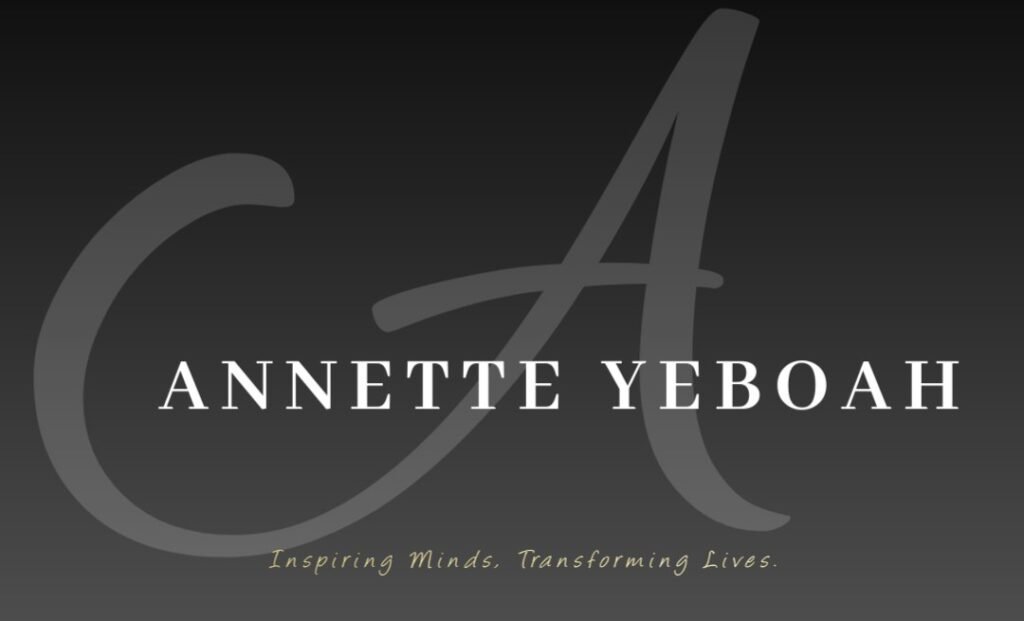In a world increasingly shaped by technology, it’s essential to understand why we shouldn’t blindly trust AI. Despite its impressive capabilities, AI is prone to errors, and relying on it without caution can lead to unexpected consequences. Not long ago, I asked ChatGPT, an AI tool to perform a basic task. And the task was that ChatGPT should arrange a few given options in the correct order. I had entered all the necessary information, confident that the answer would come quickly and accurately.

The AI returned an answer which I copy and pasted with the confident that I will get the right score I need to pass the text to move to the next course, an online educational platform. The answer was not only wrong but also completely illogical.
That experience left me with a powerful reminder that no matter how sophisticated an AI may seem to be, it is still prone to error.
As artificial intelligence becomes increasingly embedded in our daily routines, from our phones and homes to schools and workplaces, we must resist the urge to treat it as an infallible oracle. AI can be a remarkable tool, but it is no substitute for human critical thinking.
The rise of AI: Friend, not oracle
In recent years, artificial intelligence has evolved from a revolutionary concept into a real-world presence, impacting everything from entertainment, education, our healthcare and businesses. We use AI-powered apps to edit photos, generate videos, translate languages, recommend music, and even help us write emails and essays.
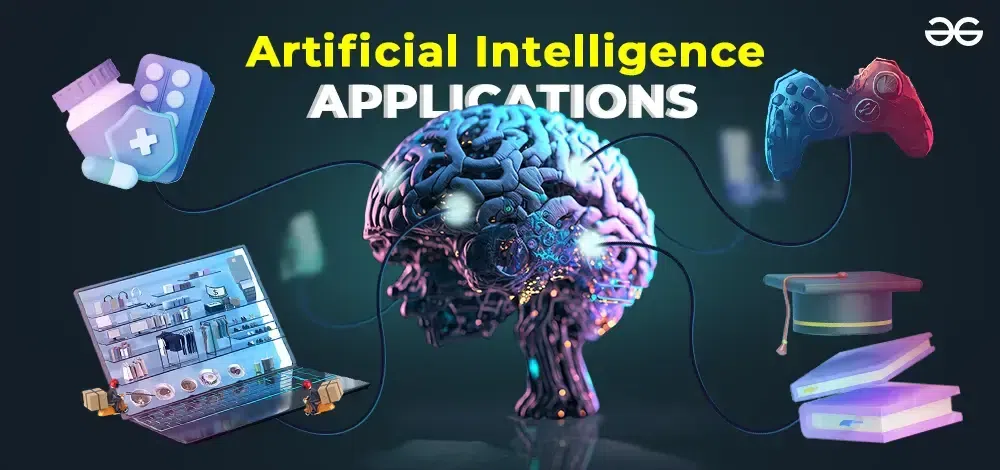
It helps doctors analyze medical images and helps farmers track crop health with drones. These developments are undeniably impressive. AI offers speed, consistency, and convenience in ways humans cannot match.
However, the very efficiency and reliability of AI often lead users to place undue trust in it. We begin to expect it to always be correct, to always make the best suggestion, and to always solve our problems. This assumption is not only false but potentially dangerous. Technology, no matter how advanced, is still created and managed by humans. And where there are humans, there is the potential for error.
Why AI Gets Things Wrong
To understand why AI makes mistakes, it’s important to grasp what AI actually does. AI doesn’t think, reason, or understand the world like a human being. Instead, it analyzes massive amounts of data and uses statistical models to predict the most likely outcome or response. It does not comprehend context, emotion, or nuance the way people do.
Here are some common reasons AI can produce incorrect or misleading results:
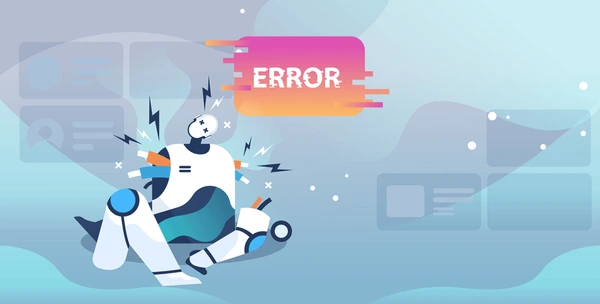
- Misinterpretation of Queries: AI often struggles with vague, ambiguous, or poorly structured questions. If your prompt is not clear, the AI may misinterpret your intent.
- Bad Input = Bad Output: The quality of an AI’s response depends heavily on the data it was trained on. If that data was flawed, incomplete, or biased, so too will be the results.
- Bias and Injustice: AI can perpetuate social and cultural biases if these biases exist in the training data. For instance, some AI systems have shown racial or gender biases in hiring or law enforcement applications.
- Lack of Real-Time Context: Most AI models, unless specifically designed to access real-time information, are stuck with what they learned during training. They cannot understand or incorporate current events or real-time changes.
- Overconfidence: AI will often give answers with an authoritative tone, even when it is wrong. This false confidence can mislead users into accepting incorrect information as truth.
Real-Life Examples of AI Mistakes
There are numerous real-world examples that illustrate the fallibility of AI:
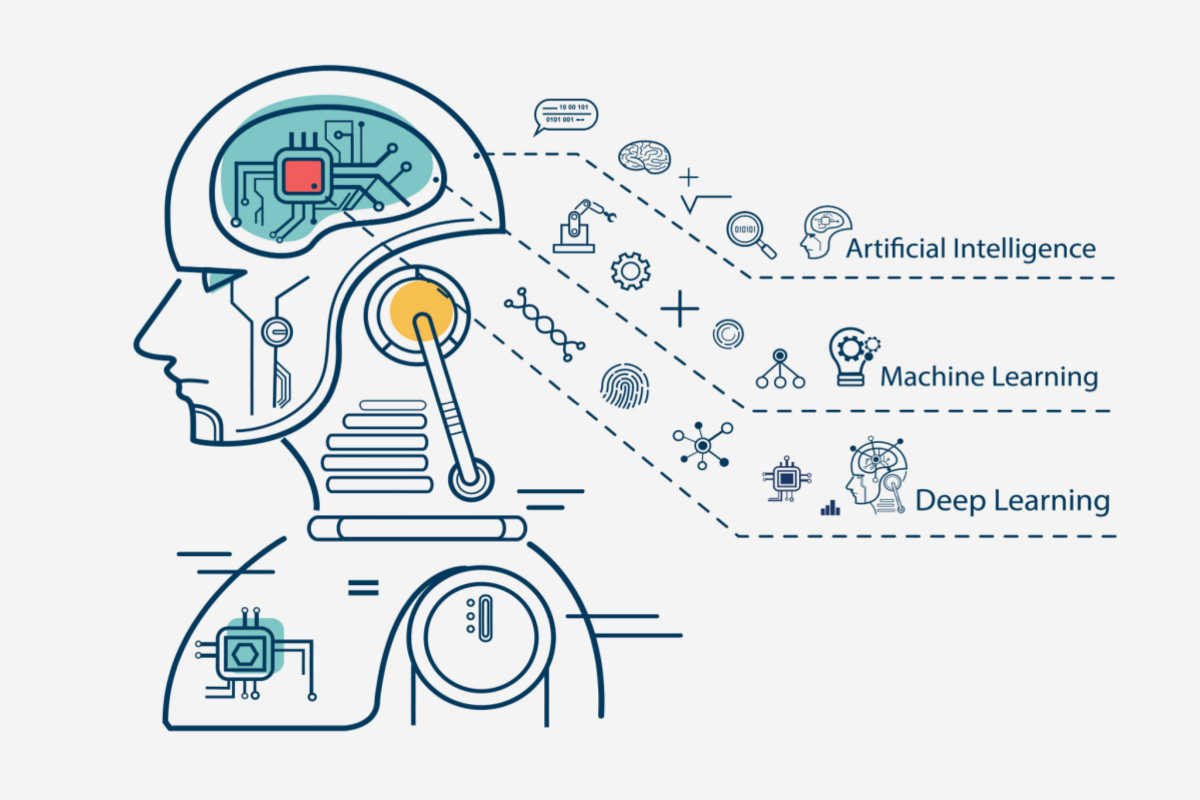
- Medical Missteps: In healthcare, AI systems have misdiagnosed patients because they failed to understand complex, individualized symptoms. Relying on these tools without human oversight can be dangerous.
- Misinformation Generation: Some AI tools have generated false historical facts or invented academic references. In research or academia, such errors can undermine credibility and mislead readers.
- Faulty Customer Support: Companies using AI chatbots for customer service have found them giving irrelevant, confusing, or even offensive responses due to poor training or lack of context.
- Misleading Legal Advice: AI tools marketed to help with legal documents have been found providing inaccurate interpretations of the law.
- Simple Mistakes in Logic Tasks: As mentioned in the introduction, even basic sorting or matching tasks can go wrong if the AI misunderstands the input or lacks context.
These cases are not meant to vilify AI, but to serve as cautionary tales. We must understand its limits and actively watch for signs that something is off.
How to Use AI Wisely
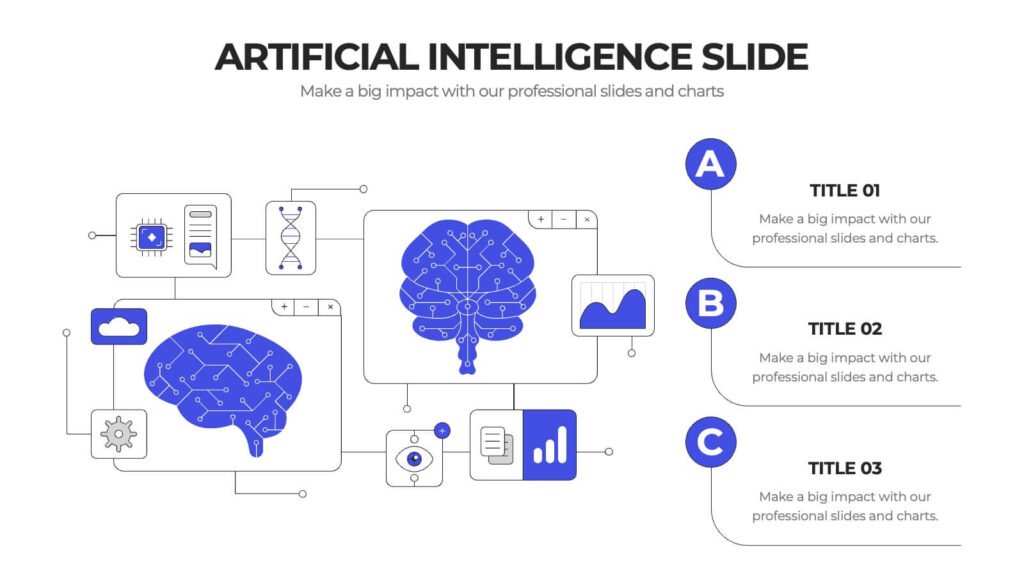
Rather than abandoning AI or fearing it, we need to use it wisely. Like a calculator or a search engine, AI is most powerful when paired with human intelligence. Here are a few best practices:
- Always Verify: Double-check AI-generated information, especially in critical areas such as health, legal advice, or finance. Use multiple sources to confirm facts.
- Refine Your Questions: Clear, specific prompts lead to better responses. Avoid vagueness, and provide necessary details to guide the AI.
- Understand Limitations: Know that AI doesn’t think or reason. Don’t expect it to read between the lines or infer emotional nuance.
- Maintain Human Oversight: When using AI in professional environments, involve human review and decision-making at all stages.
- Educate Yourself: Learn about how the AI you are using works, including what data it was trained on and its areas of strength and weakness.
AI is at its best when used as a support tool, not as the final decision-maker. Let it assist you, but never let it replace your human critical thinking.
Discernment in the Age of Technology
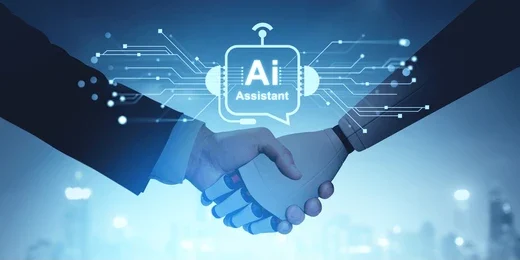
Discernment is more important than ever in this age of information overload. With so much content generated by machines, it becomes harder to distinguish truth from error, and wisdom from noise. For people of faith, discernment is a spiritual principle as well as a practical one. Proverbs 3:5-6 offers a powerful reminder: “Trust in the Lord with all your heart, And lean not on your own understanding; In all your ways acknowledge Him, And He will direct your paths.” KJV
That doesn’t mean we can’t use technology. But it does mean we must use it with humility and wisdom. AI can analyze data, but it can’t provide spiritual insight. It can help write a sermon, but it can’t preach with conviction. It can suggest answers, but it cannot pray, empathize, or love. That’s the domain of humans and of God.
Discernment also involves recognizing when not to use AI. There are moments where human connection, emotional intelligence, and ethical judgment are irreplaceable. In relationships, leadership, and spiritual life, authenticity matters more than automation.
Conclusion

Artificial Intelligence is a remarkable advancement with incredible potential to enhance our lives. But we must not be lulled into thinking it is flawless or all-knowing. AI can and will make mistakes, often with great confidence. It lacks understanding, context, and moral judgment. That makes it a tool; powerful, but imperfect.
The responsibility, then, lies with us. We must approach AI with caution, curiosity, and discernment. Ask questions. Challenge its responses. Verify what it says. And always keep your own mind and heart engaged.
After all, AI might be wrong. But with wisdom, we don’t have to be.
